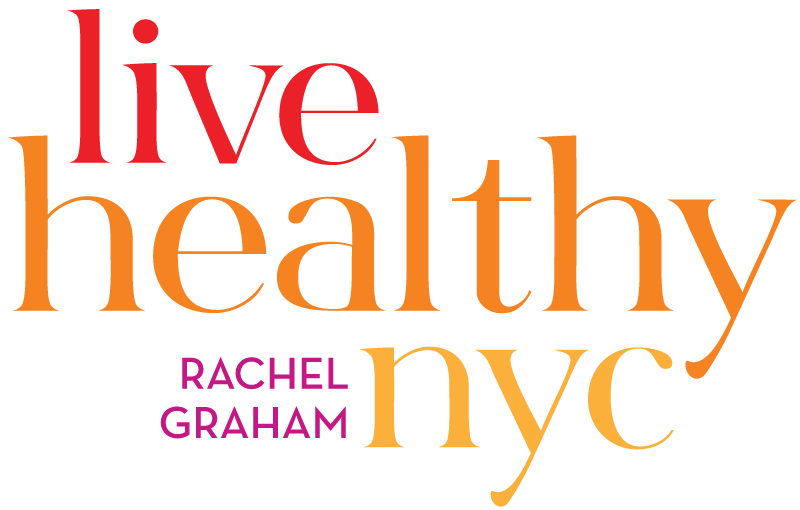Last week I heard from so many women who really connected with my post on “Body Confidence in the Age of Constant Reflection (and Menopause)”. Your messages moved me because I really get it. I do! Feeling at home in your body, especially as it changes, can feel like an uphill climb. So I’ve been sitting with all of this—your stories and my own—and I wanted to continue the conversation.
Learning to feel good in your body—really good—is not just about changing how she looks. It's about tending to both the inner dialogue and the outer care in a way that feels supportive, not punishing. It’s a layered practice: emotional, physical, and deeply personal. Wow, this is not easy. And I will be honest, for a long time, I focused only on the external. If I could just lose the weight, tone the muscle, fix this or that, then I’d feel confident. I wanted to look a certain way in hopes that I would “be” a different version of myself. But no matter how my body changed, that feeling of not being enough always lingered. But the real truth? Confidence doesn’t come from achieving a certain look. It comes from shifting your relationship with your body—from the inside and the outside.
Let’s start with the internal stuff. Think about what you say to yourself when you see your reflection, whether in your closet mirror, a store dressing room or outside walking and catch a glimpse of yourself in a window. Is it critical? Judgmental? Would you talk to your friend that way?
That voice—often critical and conditioned by years of cultural messaging—needs our attention. Not to silence it with fake positivity, but to soften it with compassion. This is where we can practice “Somatic Respect” -a concept that involves recognizing and attending to bodily sensations, emotions, and needs as valid and valuable sources of information for personal growth and well-being. Respecting what your body has gone through (in my most recent case overcoming back surgery) and what it does for you (like walking up the flight of stairs) is pretty amazing! Practices like mindfulness, intuitive eating, and journaling are tools that can help you practice somatic respect. You start to catch those old scripts (“you should be thinner,” “you looked better before”) and replace them with something more kind and curious: “How am I feeling today? What do I need?” Ok, I know that affirmations can feel cheesy at first, but actually, over time, they rewire how we speak to ourselves. Saying, “I am more than a body,” or “My worth is not tied to how I look,” might not click right away—but repeated with intention, they can truly become anchors.
Working externally doesn’t mean pursuing an ideal. It means caring for the body you have with respect and consistency. Moving in ways that feel good—not punishing. Feeding yourself in a way that nourishes—not restricts. Dressing in a way that makes you feel like you—not like you’re hiding or squeezing into a trend.
I can say first hand that there’s something powerful about strength training, dancing, stretching, or walking—not because of how your body will look, but because of how it feels. Hydrating, sleeping well, getting outside—these aren’t just wellness buzzwords. They are acts of care that help reconnect you to your physical self. And over time, those small, consistent actions can rebuild a sense of safety and pride in your body
This work—internal and external—is a practice, not a destination. I notice that some days I feel great! And then there are some days, not so much. But over time, with patience and compassion, you’ll notice the inner critic gets quieter, and the connection gets stronger.
You’ll realize: Confidence isn’t about perfection. It’s about presence. And your body—exactly as it is—deserves to be lived in, loved, and respected, from the inside out. As a licensed Clinical Behavioral Therapist and Intuitive Eating Counselor, I’m here to help you integrate these practices into your life. If you're interested in working with me, feel free to reach out at rachel@livehealthynyc.com

